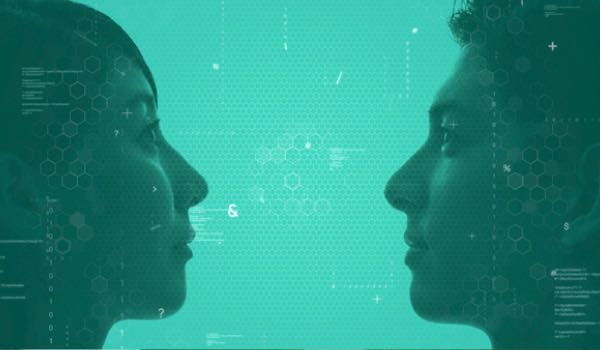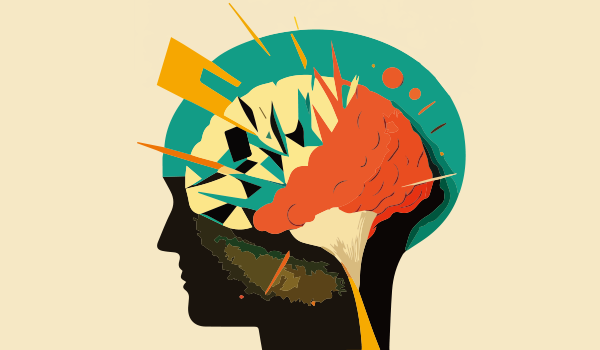


SHANGHAI - Precision medicine is undergoing disruption right across its value chain, from product and technology to diagnosis and treatment - the entire gamut, in short. Nuclear medicine augmented by artificial intelligence (AI) is setting new benchmarks in diagnosis and treatment modalities. It will enhance the quality of treatment and define the future of precision medicine.
Nuclear medicine is “A branch of medicine that uses small amounts of radioactive substances to make pictures of areas inside the body and to treat disease. In cancer, the radioactive substance may be used with a special machine (such as a PET scanner) to find the cancer, to see how far it has spread, or to see how well a treatment is working. Radioactive substances may also be used to treat certain types of cancer, such as thyroid cancer and lymphoma,” according to the United States’ National Institutes of Health.
Nuclear medicine will in future bring more accurate diagnosis and more promising therapy in a holistic manner -` termed ‘theranostics.’ All the benefit will be driven by AI: new imaging tracers, and new radioligand therapy. Among these, AI can play a vital role in this area which needs convergent engagement among driplines to facilitate different tasks, from the perspective of diagnostics - imaging standardization, imaging segmentation, imaging prognosis prediction, clinical decision support, to the standpoint of therapy: molecule design, drug candidate selection, and the entire drug development process.
Yet widespread application of the nascent technology still faces considerable hurdles.Nuclear medicine imaging lacks a rigorous strategy for assessing AI algorithms developed for clinical use, concluded an international group of experts, who recently offered a set of best practices they assert may aid in translating research into practice. "Insufficient evaluation of AI algorithms may have multiple adverse consequences, including redu
The content herein is subject to copyright by The Yuan. All rights reserved. The content of the services is owned or licensed to The Yuan. Such content from The Yuan may be shared and reprinted but must clearly identify The Yuan as its original source. Content from a third-party copyright holder identified in the copyright notice contained in such third party’s content appearing in The Yuan must likewise be clearly labeled as such. Continue with Linkedin
Continue with Linkedin
 Continue with Google
Continue with Google







 1111 views
1111 views










